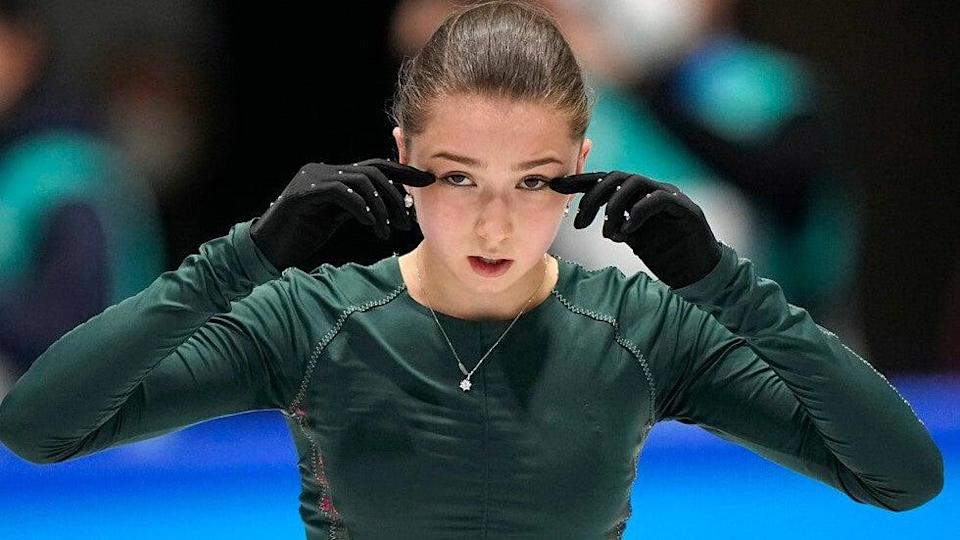
The 15-year-old Russian figure skating star who recently had a positive drug test result during the Beijing Olympics reportedly had three substances in her sample.
The substances in Kamila Valieva’s system were used to treat heart conditions. They included trimetazidine, a drug forbidden by antidoping officials.
The New York Times reported that hypoxen and L-Carnatine, also both heart medications, were also found in her system. Those drugs, unlike trimetazidine, are not on the banned list.
Travis Tygart, who leads the United States Anti-Doping Agency, told the Times that the substances “seem to be aimed at increasing endurance, reducing fatigue and promoting greater efficiency in using oxygen.”
The Hill has reached out to the International Olympic Committee (IOC) for comment.
The skater’s positive test was taken on Dec. 25 ahead of the games, but officials said they only were made aware of the result last week.
On Tuesday, IOC member Denis Oswald said that Valieva’s lawyers claimed the test was a mix-up with her grandfather’s medication.
That argument came after IOC officials said on Monday that Valieva would be allowed to continue competing in the games until her case was resolved.
“Should Ms Valieva finish amongst the top three competitors in the Women’s Single Skating competition, no flower ceremony and no medal ceremony will take place during the Olympic Winter Games Beijing 2022,” the IOC announced.
Other athletes, including Sha’Carri Richardson, who was prohibited from competing in the 2020 Tokyo Olympics after testing positive for marijuana, have criticized the IOC’s decision.
“Can we get a solid answer on the difference of her situation and mines?” Richardson said in a tweet. “My mother died and I can’t run and was also favored to place top 3. The only difference I see is I’m a black young lady.”
